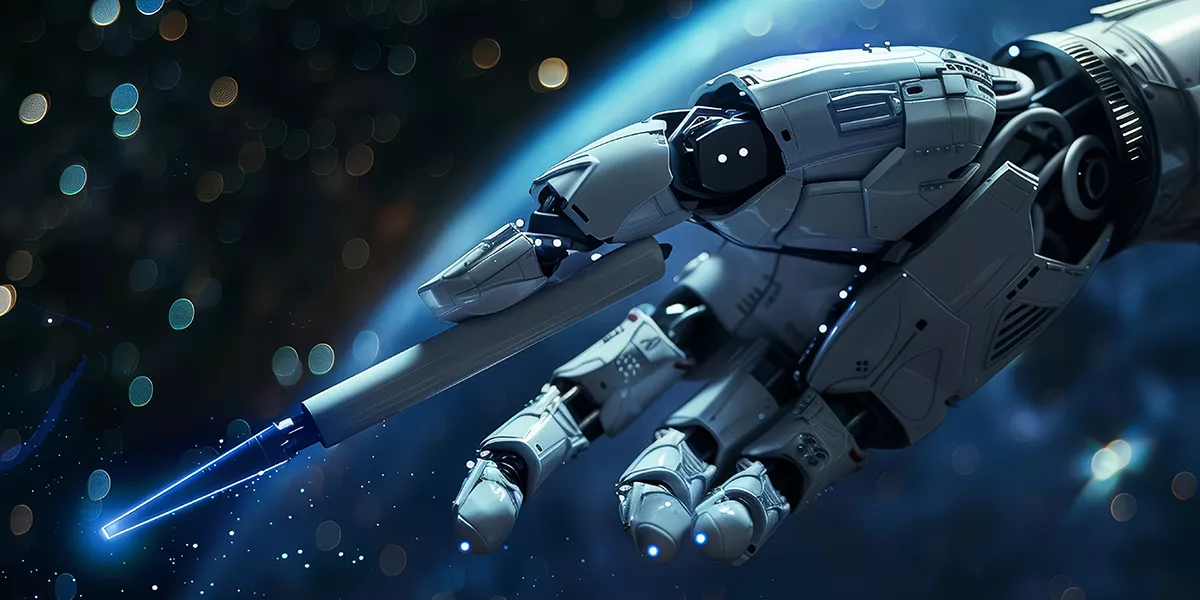IDRA

Scheda del progetto

Politecnico di Torino

Pierpaolo Palmieri
Matteo Gaidano
Matteo Melchiorre
Mario Troise
Giulia Calvo





The PoC plans to validate the system in a relevant environment, especially in microgravity and extreme conditions such as vacuum and high/low temperatures. The technology expected at the end of the PoC therefore includes the realisation of a prototype with materials suitable for space applications, such as the use of aramid fibres for the structural layer of the inflatable links.
Contacts:
Contact person
Prof. Stefano Mauro
The unfolding and shrinkage mechanism is expected to show suitable performance in terms of repeatability, packing ratio and resistance to external agents. The optimal material composition and assembly methods for the technology will be identified. Control algorithms are expected to be effective for the prototype developed and tested under microgravity conditions. In addition, a digital twin of the actual system will have been developed.
The proposed technology enables the development of an inflatable robotic manipulator capable of controlled deployment and retraction in space applications. The manipulator, when inflated, is comparable in performance to a traditional
The main application of the manipulator is to be installed on board large satellites, approximately over 500kg, to carry out inspection and maintenance operations on demand, with the aim of prolonging their service life. The inflatable nature of the manipulator allows the workspace to be configured to reach any part of the satellite, as the maximum length of the single link can be significantly greater than the satellite's characteristic dimensions: a large workspace can therefore be obtained, against a reduced footprint when packed in a bay.
